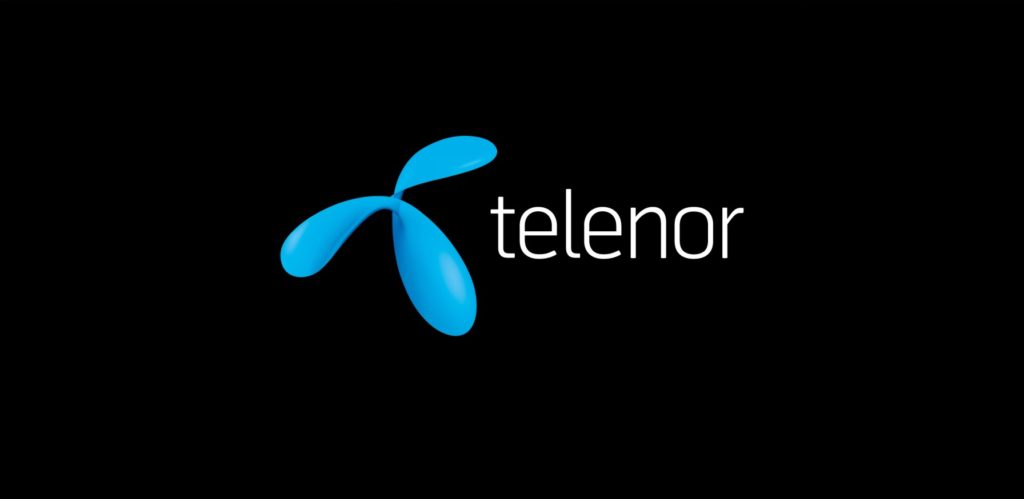Billionaire Flipkart Founder Ready to Launch Stealth AI Startup
Former Flipkart co-founder, Binny Bansal, is embarking on a new entrepreneurial journey, this time in the field of artificial intelligence.
According to sources cited by Bloomberg, Bansal’s latest venture is set to make a significant impact on the AI landscape, with a focus on serving corporate clients worldwide. The startup, currently shrouded in secrecy, plans to provide AI expertise, products, and services, following a model reminiscent of IT giants like TCS and Infosys.

Image Source: bnn.network
Bansal, a 40-year-old billionaire who co-founded the e-commerce behemoth Flipkart and realized substantial gains from selling his stake to Walmart Inc., is now setting his sights on India’s vast English-speaking youth population. His goal is to nurture the next generation of AI professionals and offer innovative AI services. This ambitious project revolves around talent development and service offerings, with a particular emphasis on smaller Indian cities that are often overlooked by tech giants.
Although the startup is keeping product details under wraps, it is believed to be targeting the e-commerce and legal sectors in its initial stages. Future expansions are anticipated in the realms of analytics, data science, and financial services. The official product launch is scheduled for the second half of 2024.
From Bengaluru to Singapore: A Global Vision Takes Shape
While the startup is headquartered in Bengaluru, it is officially headquartered in Singapore, a city where Binny Bansal has made his home since his tenure at Flipkart. The project is currently in stealth mode for product development in Singapore, with strategic plans for expanding into the lucrative US market in the future.
Binny Bansal and Sanchin Bansal, both alumni of the prestigious Indian Institute of Technology, Delhi, co-founded Flipkart, which eventually evolved into a local e-commerce giant competing with Amazon. Notably, Binny Bansal served as the CEO of Flipkart when he orchestrated the high-profile sale to Walmart for a staggering $16 billion in 2018. Despite relinquishing his executive role, he maintains a presence on the Flipkart board and retains shares in PhonePe, Flipkart’s digital payment service. Furthermore, Binny Bansal has actively been investing in technology startups, displaying a keen interest in fostering India’s burgeoning tech ecosystem.
As Binny Bansal’s stealth AI startup takes shape in the heart of India’s tech hub, it has the potential to become a formidable player in the global AI landscape. With a visionary founder, a focus on talent development, and a commitment to innovative service offerings, the startup is poised to make waves in the industry, much like Bansal’s previous endeavors. As the countdown begins for the official product launch in 2024, the tech world eagerly anticipates the unveiling of this intriguing venture and its potential to redefine the AI landscape.

I am a law graduate from NLU Lucknow. I have a flair for creative writing and hence in my free time work as a freelance content writer.






